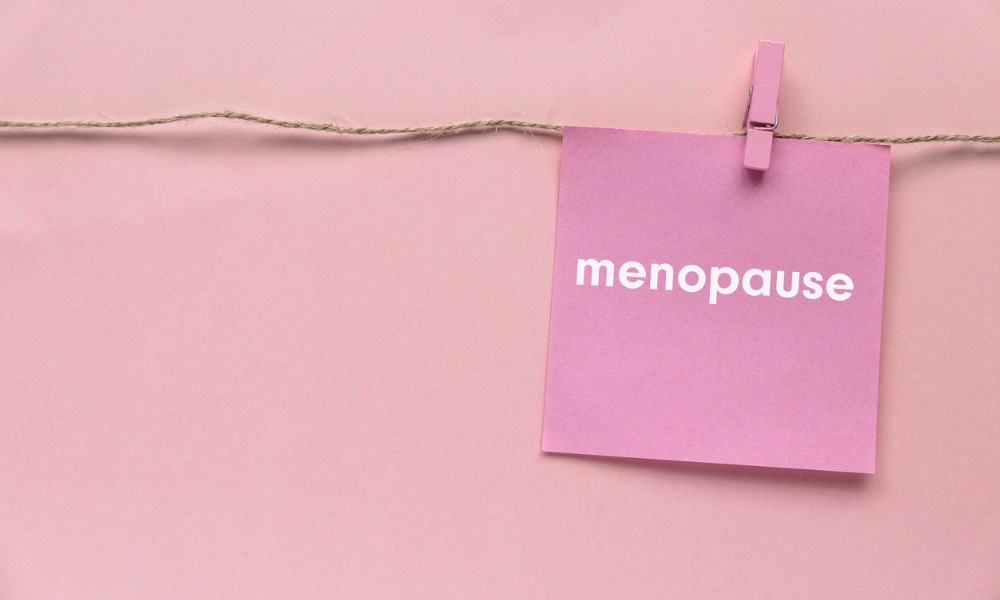
Senator's claim disputed by groups, according to reports

Employers across Australia may be discouraged to hire or promote women if menopause leave gets legislated, according to Senator Hollie Hughes.
"People aren't going to employ women if this is all the mandated stuff that's going to come in, and this is a reality for those of us that live in the real world," Hughes said as quoted by the Australian Associated Press (AAP).
The senator made the claim at a Senate committee into issues relating to menopause and perimenopause, according to the AAP report.
She asserted that women would face bias when it comes to promotion and employment if menopause-related leave is implemented.
"Because if you're looking at two candidates, one who's got an entitlement of an extra 36 or so days of leave per year than the other, which one are you going to pick?" Hughes added.
Senator's claim disputed
But employers that were present during the hearing disputed her claim.
"As somebody who's founded a business and is now general manager of a financial services company in Australia, one that is performing very well as well as bringing these policies… our concern is in attracting and retaining women," said Christina Hobbs, general manager at financial services firm Future Group, as quoted by the AAP.
"It's ensuring that everyone can come up to work and perform their best."
Grace Molloy, CEO of Menopause Friendly Australia, added that women left to "just accept" symptoms of menopause tend to get discouraged from continuing work, making them retire earlier than their male colleagues.
"This is avoidable… we can help change the statistics that show that women are leaving work 7.4 years earlier than men," Molloy said.
Gemma Beale, executive director SA/NT of the McKell Institute, also echoed similar sentiments in a later statement.
"Stigma around reproductive health issues have long forced women to suffer in silence, fearing their employers labelling them as 'unreliable,'" Beale said in a statement. "This leads many women to take unpaid leave, to be passed over for promotion, and in the worst cases pushes them into early retirement."
According to Beale, there are studies where 40% of women were forced to take time off work due to pain from their periods, with an alarming 45% saying they considered retiring due to menopause.
"Introducing paid reproductive leave isn't just morally the right thing to do, countless studies prove the economic benefits of policy outcomes boosting women's workplace participation for individuals and businesses," Beale said in a statement.